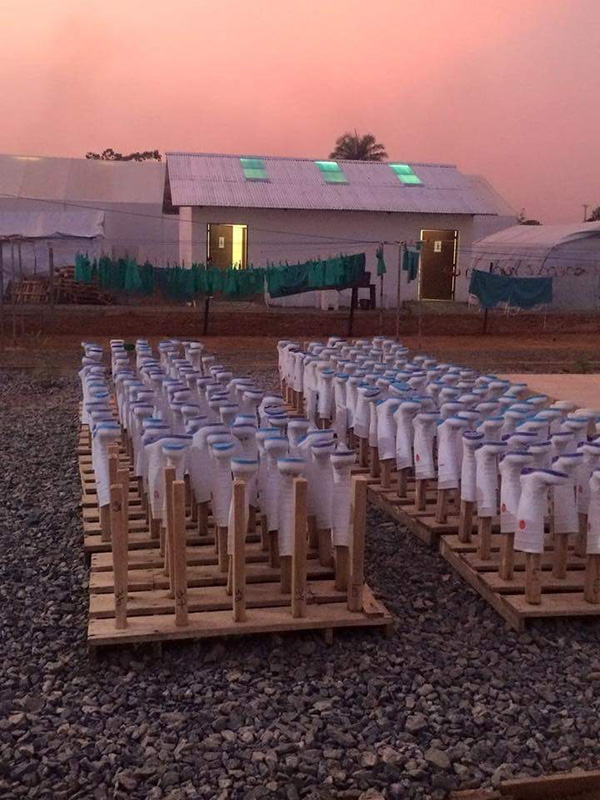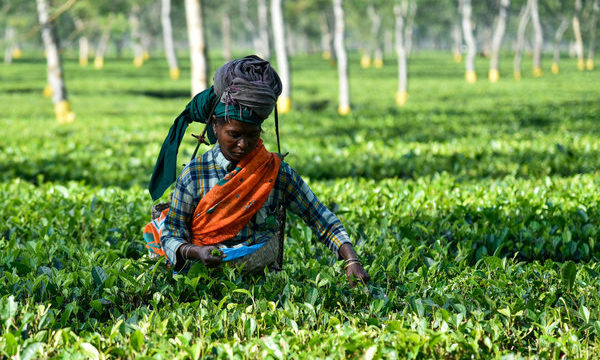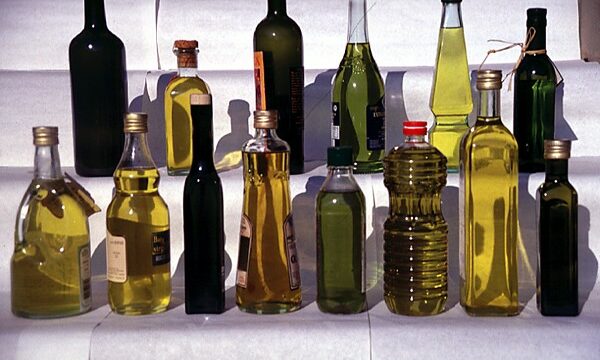Copyright: James Meiring. Winner HIFA Photography award 2016
What do wellington boots drying in the African sun have to do with blood donation in the post-Ebola era? Tell you later.
But first, as its World Blood Donor Day on June 14th, lets consider the differences between the blood transfusion services in a high income country like the UK with those in Nigeria or Sierra Leone? How has the Ebola epidemic impacted on these services?
Blood transfusion services in the UK
I think we in the UK probably take our well-established national blood service(s) somewhat for granted and only really give it a second thought when either we need to call on its use or something drastic goes wrong.
Established in 1946, the Blood Transfusion Service (BTS) in England and Wales employs over 6000 people to collect & process the blood alone. All sorts of rules and practices surround the preparation and distribution and use of that blood. We are very fortunate that over 3% of people in the UK donate that blood (1% being the figure recommended as a minimum by the W.H.O. to meet a populations needs) but even then we get regular appeals for more blood and we still suffer shortages for particular blood groups and platelets.
But, have you ever asked yourself why we need continuing fresh donations of blood and who are the usual recipients of that blood?
In 2014, in England & Wales, the 3 major “consumers” of blood were:
- 67%, to treat medical conditions including anaemia, cancer and blood disorders
- 27%, in surgery, including cardiac surgery and emergency surgery
- 6%, to treat blood loss after childbirth
The most frequently transfused patient group is over 65 years of age.
100% of the blood donated is voluntary. This is important, as the W.H.O. has declared that the foundation of a safe blood supply is 100% voluntary donation. Blood obtained this way has lower rates of infections and so reduces chances of disease transmission via blood or blood products.
How does this compare with a blood transfusion service in West Africa ?
Nigeria: one of the better resourced blood transfusion services in West Africa
In Nigeria, the main drivers for blood transfusion are:
- to treat blood loss after childbirth
- to treat anemia (due to malaria) in children under 5 years of age
Taking low-income countries as a whole, up to 65% of blood transfusions are given to children under 5 years of age.
NIgeria has a subsidised national transfusion service, but charges the patient for blood. Patients commonly receive blood from two sources: the transfusion service (sourced from volunteers and paid donors) and family members. Overall, 9% of the blood comes from paid donors and from family members.
That’s pretty good for Africa…it was not like this in neighbouring Guinea, Sierra Leone or Liberia pre-Ebola, emerging as they were from years of conflict, and it certainly isn’t now after Ebola.
Increasing volunteer donations to meet WHO safety standards in West Africa
Nigeria, Guinea, Sierra Leone and Liberia all rely on information campaigns to increase donors (just like us here in the UK) but crucially they also work with large organisations & communities to run mass blood drives.
The world over, when a crisis hits and people become aware of the need for blood, then donors do come forward but they don’t persist. I learnt from the list serv HIFA (Health Information For All), that in 2014 terrorist attacks in Nigeria produced upto 500 donors per day but by 2016, it was back down to 5 per day.
For the 3 countries at the centre of Ebola crisis, the need for blood was desperate but quarantine rules to stop the infection spreading meant that they couldn’t run community blood drives. Sierra Leone ran out after just 50 transfusions.
Screening the blood…levels of scrutiny differ between UK and West Africa?
In the UK, blood is routinely screened for hepatitis B, hepatitis C, HIV, HTLV and syphilis. Donors may be deferred permanently (e.g. after having received a transfusion), or until an infection has cleared the blood stream. Anemic donors are deferred.
A higher level of screening ideally should be applied in West Africa because of the prevalence of malaria, HIV and viral hepatitis. The following records illustrate why:
Asymptomatic malaria among blood donors in Benin City Nigeria. Asymptomatic malaria parasitaemia was 28% in commercial (paid) donors cf. 14% in voluntary donors.
Progress toward prevention of transfusion-transmitted hepatitis B and hepatitis C infection – sub-Saharan Africa, 2000-2011.
2011 prevalence of HBV infection in blood donors was 9.8% in Guinea, 7.4% in Liberia, and 11.6% in Sierra Leone.
To this, one now has to add in screening for ebola virus. Ebola survivors are not acceptable as general donors…instead they should be seen as valuable resources for treating new ebola victims and providing a source of pure antibodies against the virus.
Funding available to West Africa for blood transfusion services
Prior to the Ebola outbreak, the BTSs in Guinea, Liberia and Sierra Leone were “struggling, but had been making progress.”
During the Ebola outbreak, these fragile blood systems collapsed due to old, insufficient equipment and shortages of personnel, and any recovery was unlikely post-Ebola, because of the devastating impact of the epidemic on their economies. The World Bank Group estimated (April 17th 2015) that Guinea, Liberia and Sierra Leone countries would lose at least US$2.2 billion in economic growth in 2015 as a result of Ebola.
The situation in early 2015 looked grim but the cavalry arrived…in the shape of the World Bank Ebola recovery plans and this announcement in the April: Improved blood systems in Ebola-affected countries expected to be positive outcome. Consolidated plans were laid later in June 2015 at a W.H.O. meeting in Brazzaville, Congo.
Representatives of the BTSs in each country now spoke of blood drives and increased personnel. Guinea hoped to double its 26 personnel (but it's still not 6000!).
By December 1 2015, the World Bank Group had mobilized US$1.62 billion in financing for Ebola response & recovery plans for the 3 countries, which included cross-border cooperation with their neighbours.
Ironically, it may now transpire that the resulting blood transfusion services in Sierra Leone, Liberia and Guinea will be far superior to anything experienced in the past and this will end up being cascaded throughout the region.
The benefits of robust blood transfusion services in West Africa reach beyond local blood to us
Robust blood transfusion services in West Africa will not only reduce maternal and child mortality, but will enhance preparedness for future outbreaks of Ebola and other infections with epidemic & pandemic potential. Globally we all benefit.
The benefits for the 3 countries should be:
- Stronger, fitter, and more responsive system to deal with future
- A build up of their expertise + personnel
- A stockpile of their blood and plasma
- Reduced stigma of ebola survivors (they become part of the solution to the infection using their blood antibodies)
This will indirectly feed into the economic recovery of each country.
So, what has all of this to do with a pair of wellington boots in the Sun? Well, those of you with a slight knowledge of science will be aware of the sterilisation properties of the UV light of the Sun. The resourceful Ebola healthworkers get rid of the last traces of ebola virus on their disinfected boots in the sunshine. The photograph they took won the HIFA Photography Award (in collaboration with Photoshare/K4Health) in May 2016, and as a member of the selection committee, it stuck in my mind. I simply made the leap from the image via convalescent blood therapy to … the need for blood supplies in Africa post-Ebola!
Related articles
Related News & Blogs
Soybean farmers in Nigeria embrace new production technologies
By Solomon Duah, Communications Specialist, CABI Ghana There is a growing interest and enthusiasm in the production of soybean among farmers in selected states in Nigeria as new yield-enhancing and soil fertility-improving technologies are being introd…
30 October 2018













